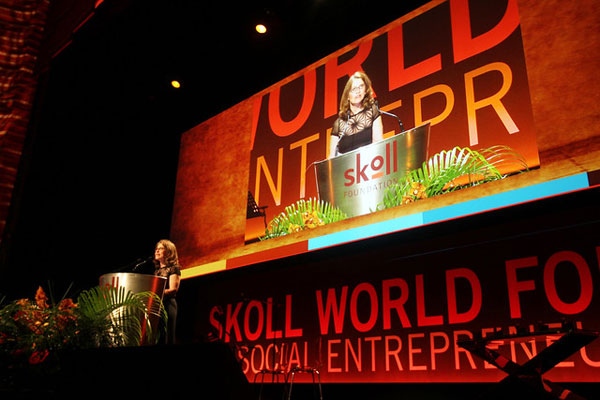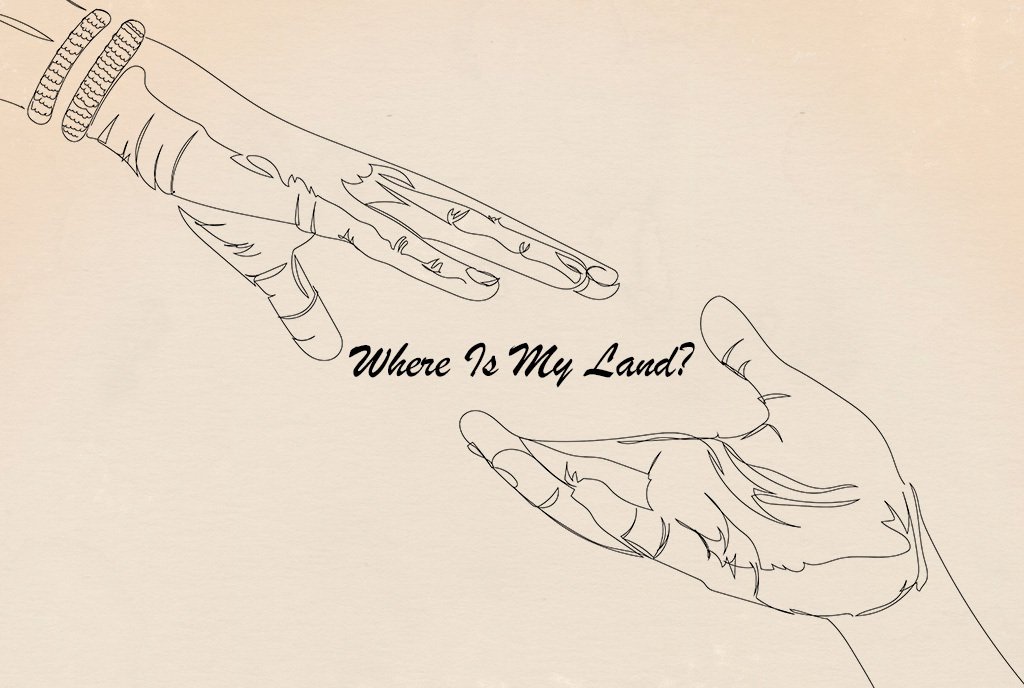
April 16, 2019; Forbes
A few days ago, Oxford University hosted the Skoll World Forum, an annual event created by Jeff Skoll, a billionaire who made his fortune running eBay in its early years. The goal of the Forum is to bring people together from around the world to discuss and foster entrepreneurial solutions for our most pressing problems. A lofty goal, indeed…or, perhaps, yet another show of elitist chutzpah?
Kerry Dolan writes for Forbes that 1,200 people from 81 countries attended the conference, ranging from billionaire philanthropists all the way down to handpicked innovative social entrepreneurs. Part of the Forum was devoted to what Dolan describes as an “academy-award-like ceremony” in which five of the world’s “best” social entrepreneurs received an award of $1.5 million each. (The specific awardees and Skoll’s description of them can be found here.) According to the Skoll website, “The Skoll Awards distinguish transformative leaders whose organizations disrupt the status quo, drive sustainable large-scale change, and are poised to create even greater impact.”
A forum on whether philanthropy is part of the solution or part of the problem was attended by 250 people, according to Dolan. The means that another 1,000 people were somewhere else and did not hear the conversation on the critical issues people have with philanthropy, which is too bad. One such issue is that there is a power dynamic with older white men running most of the major philanthropies. According to panelist Edgar Villanueva, philanthropies are out of touch, being “closed-door, top-down, and expert-led.” In other words, they do not reach out to the very communities they are trying to benefit.
Rodney Foxworth of BALLE wondered how philanthropists will address the growing income disparity in the world. He made reference to Boston, where the median household wealth for a Black family is $8 and, for a white family, $247,000. Dolan goes on to ask if philanthropists are willing to wrestle with the fact that capitalism’s power dynamic may not be working for many people.
At another point, the issue of power dynamics was raised yet again about money flowing to large, well-recognized nonprofits while smaller ones that fly under the radar may be doing as much good, if not more. A powerful statistic quoted by the president of VisionSpring is that five percent of US nonprofits have 87 percent of the expenditures in the sector, meaning they attract a disproportionate amount of philanthropic dollars.
Sign up for our free newsletters
Subscribe to NPQ's newsletters to have our top stories delivered directly to your inbox.
By signing up, you agree to our privacy policy and terms of use, and to receive messages from NPQ and our partners.
To demonstrate this point, we need only look at some of the nonprofits that were recognized at the Forum. For example, the Harambee Youth Employment Accelerator was recognized by the Clinton Foundation. In its profile, the Clinton Foundation says the organization has an estimated value of $50 million. With no intent to disparage the program, is $1.5 million from the Skoll award going to be a transformational gift? Another awardee, the Crisis Text Line, which recently received $28 million from, among others, Melinda Gates and Pierre Omidyar.
Let’s here pause to remember for a minute the dynamics that can occur around herding high-dollar donors to entrepreneurs, as in the organization More than Me, which had the intention of changing Liberia’s public education to a privatized model until its plan was scuttled by the revelation that many girls at the school had been sexually exploited by a man employed there—over years.
In her closing comments, Dolan suggests it was rare to hear such soul-searching at an event that’s meant to celebrate philanthropy and social entrepreneurship and all they can do. She calls for the conversation to continue. Perhaps next time, the conversation can include some deeper soul-searching about the increasing frustration people feel with the often-insulting philanthropic excesses of billionaire donors, as reported by NPQ’s Ruth McCambridge earlier this year.
First of all, Dolan knows as much as anyone that the groundbreaking-ness of hosting a breakout session, or even a plenary where a critic can be heard, is questionable. It is one way of handling critics who are attracting followers. In other words, it could be seen as a gracious containment strategy from a group hyper-convinced of its own lasting power to dominate the frames of reference.
Second, any assumption that over the course of the Skoll Forum many valuable discussions were had, new ideas were hatched, collaborations formed, and support for them secured has to be placed in context of the exclusiveness of the gathering. The Forum is open only to those who have been invited to apply. Those lucky enough to have their applications accepted also must pay between $1,300 and $3,500 to attend, depending on the sector where the delegate works—and that doesn’t count travel and similar expenses. And so, in the words of Kurt Vonnegut, it goes.—Rob Meiksins












